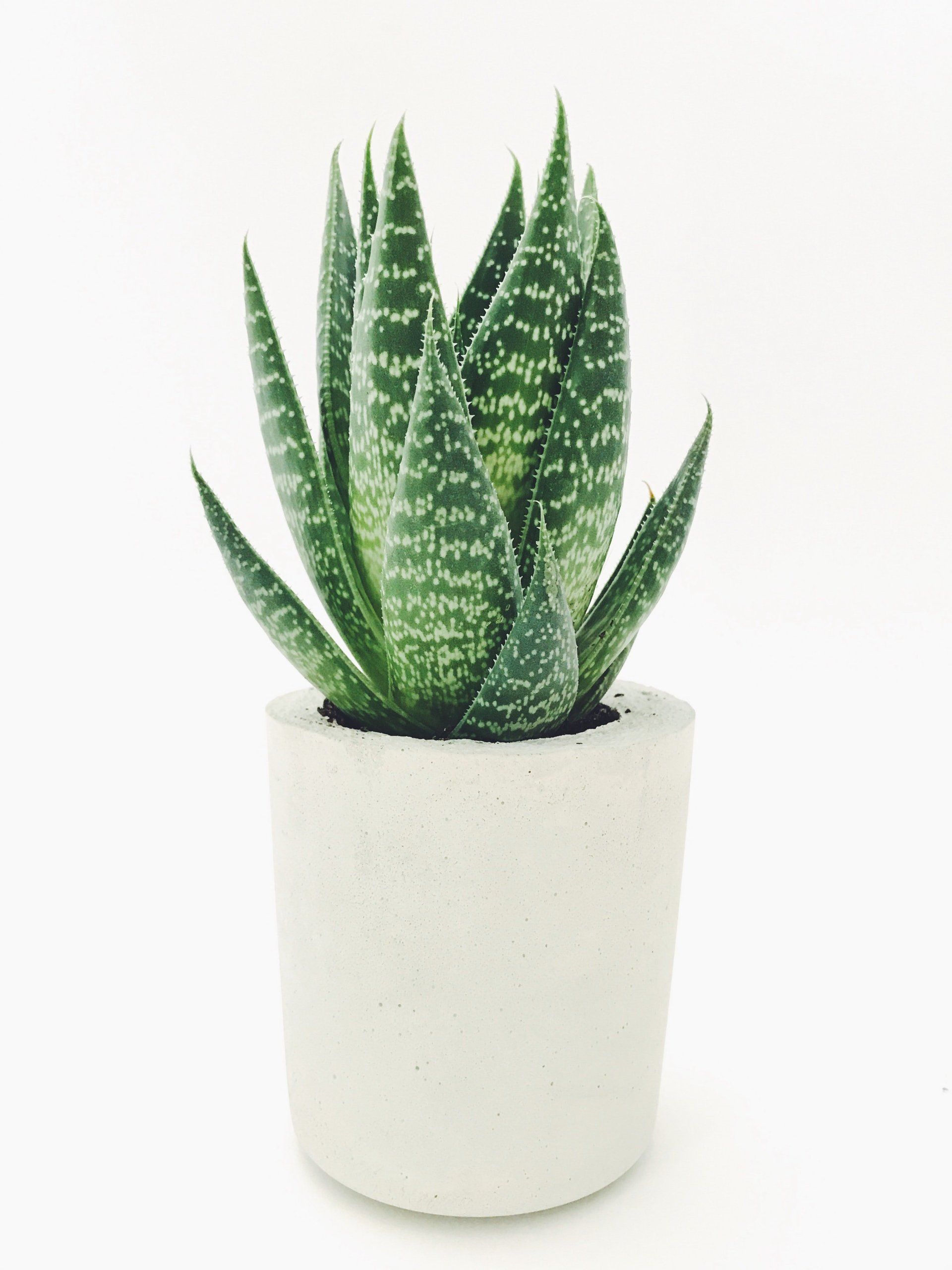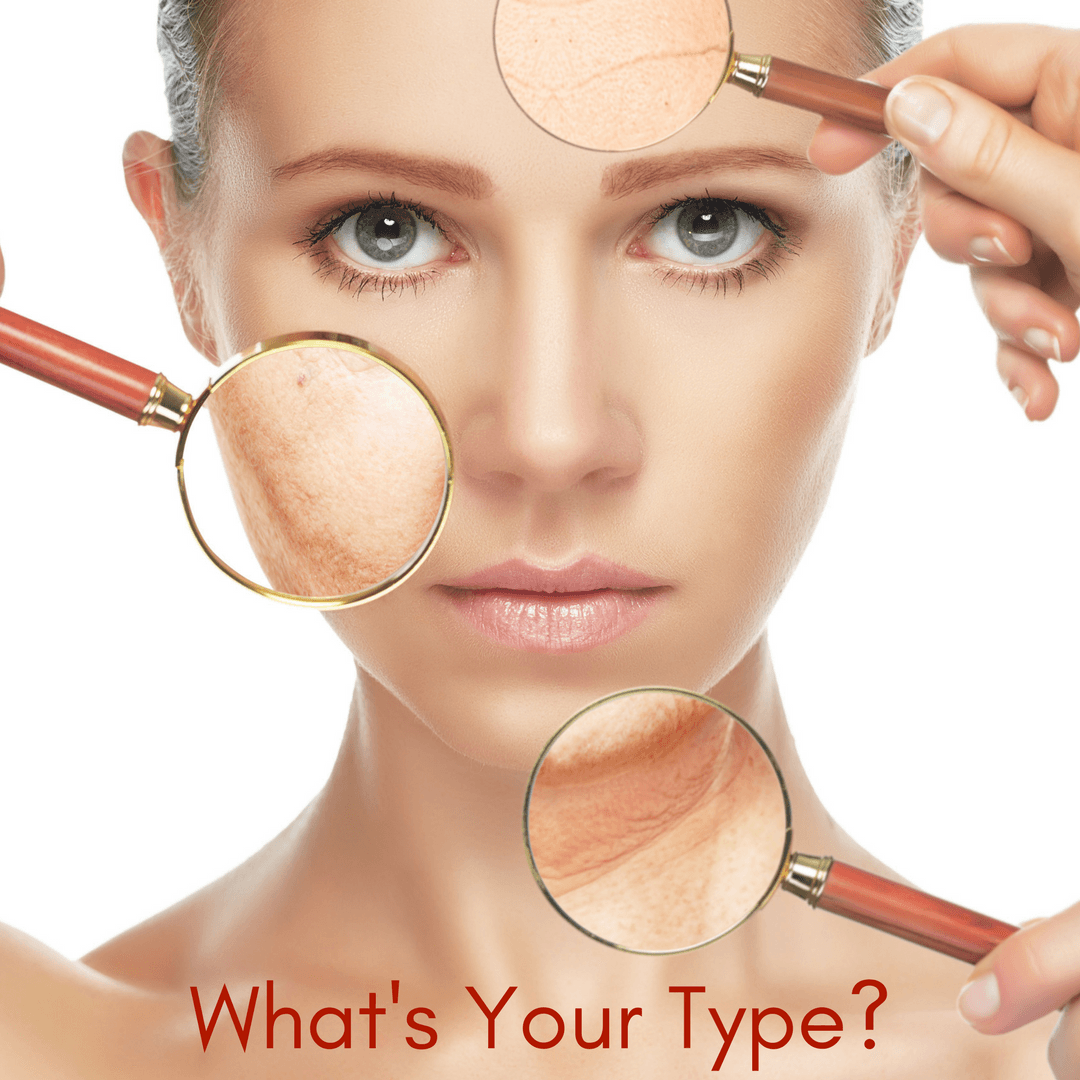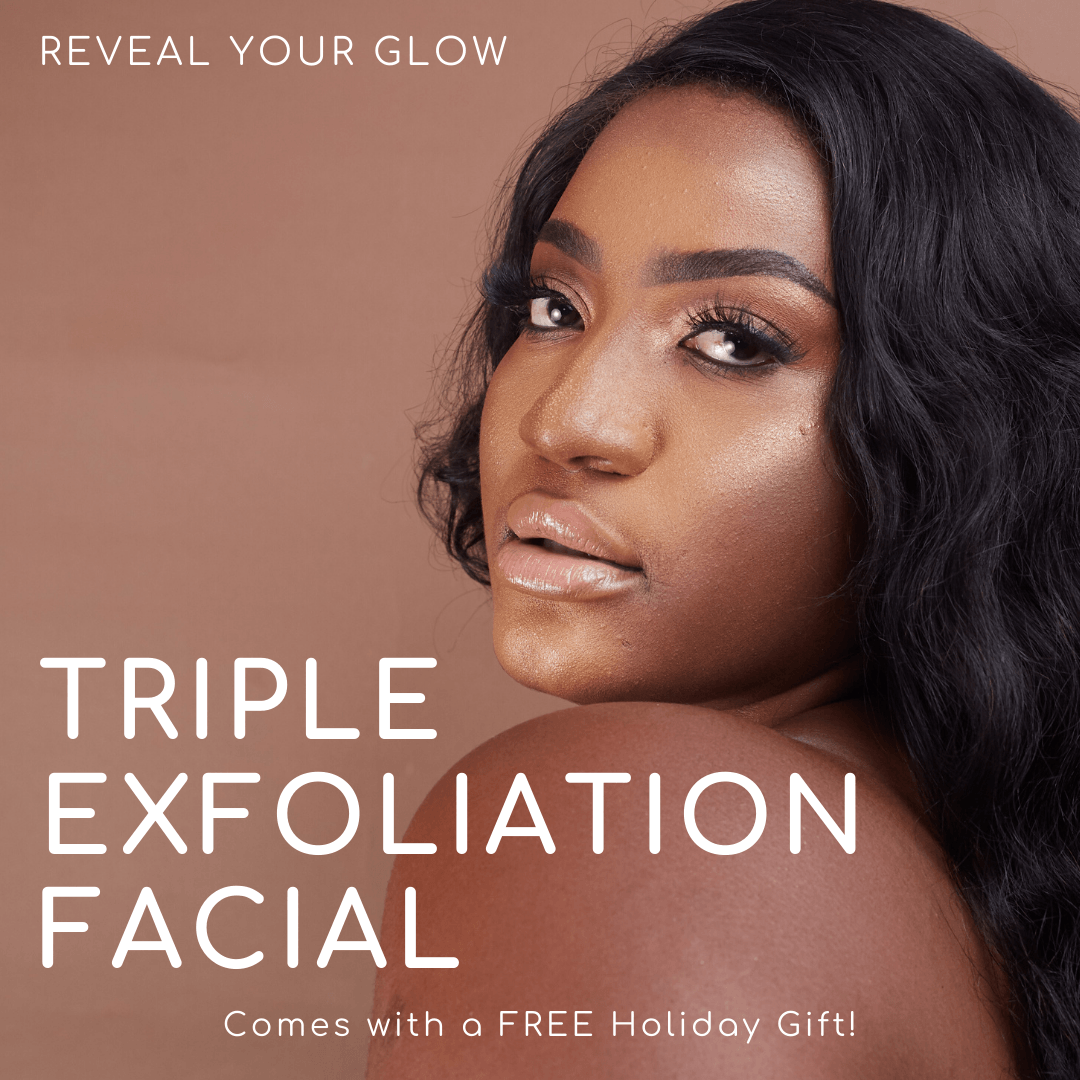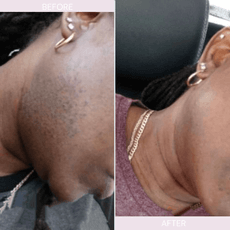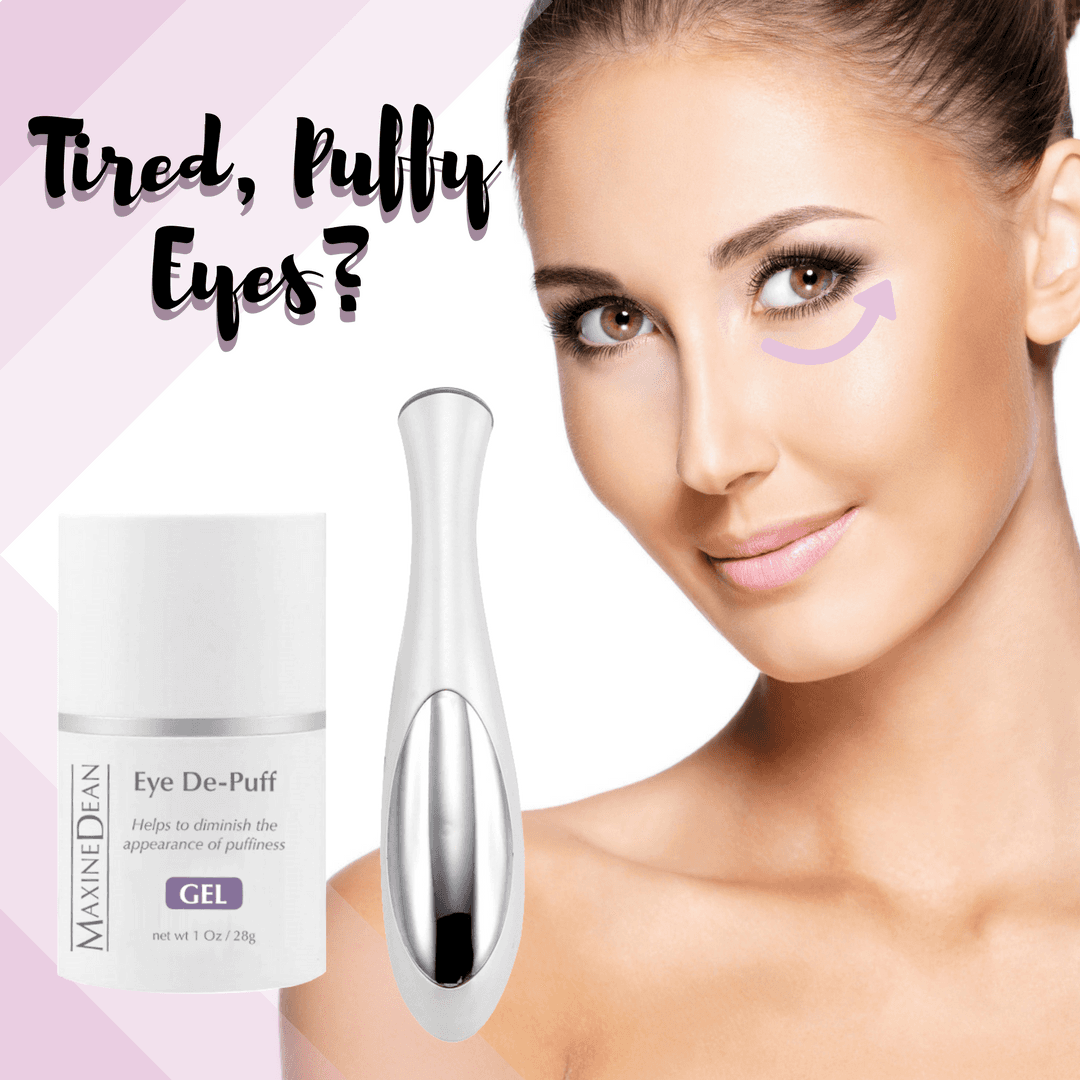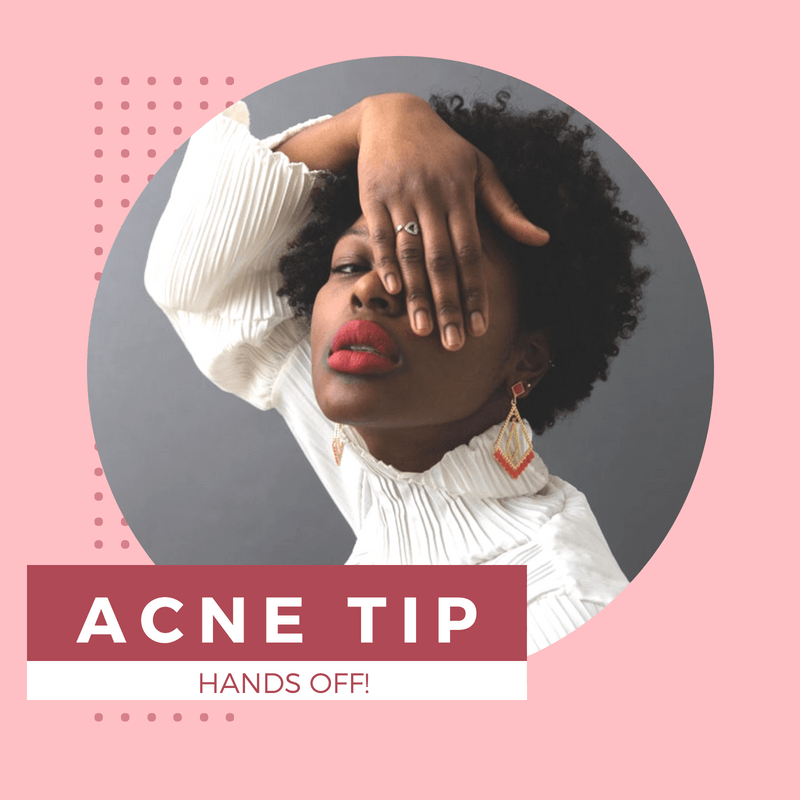How to Determine Your Skin Type
There are many factors to take into consideration when we look at what type of skin a person may have. Aside from genetics things like what’s going on internally in our bodies and environmental factors are also part of the equation. Internally factors such as our state of health, hormones, and what we put in our bodies affect how we look.
This of course includes the health of our skin. Environmentally, we face things like pollution, second hand smoke and the sun which also affects our skin both health wise and visually.
There are 5 general categories that are used when we speak of skin types.
NORMAL SKIN
- Does your skin:
- Feel well balanced; neither too dry or tight, not shiny or oily?
- Have no blemishes, or rarely experience breakouts?
- No discernible sensitivity to products or other external factors?
- Have a clear, radiant complexion with barely visible pores?
DRY SKIN
Does your skin:
Dry Skin is a result of an under active or non productive sebaceous glands. With dry skin the oil glands either barely produce or do not produce at all enough oil to keep the skin naturally lubricated. Dry skin looks dull in appearance. In addition it may have a flaky look to it with dry patches at times. It tends to be itchy and sensitive. People with chronic dry skin have to hydrate their bodies by drinking a lot of water. And, it is suggested besides using moisturizing skin products people with this skin type should mist their faces with water to maintain its lubrication. Dry skin may be tight and lack elasticity. People with dry skin tend to have a sallow skin tone. They tend to wrinkle prematurely and their skin irritates at the drop of a hat. Dry skin is fragile and vulnerable to changes in temperature and humidity.
OILY SKIN
Does your skin:- Get shiny, or oily all over?
- Have large pores?
- Dull, or shiny rough skin?
- Breakout in blackheads, pimples and other blemishes often?
Oily Skin
is due to active sebaceous glands. It produces too
much oil and the skin is over lubricated. Because too much sebum is produced
the skin is greasy, looks very shiny and the pores are large and clogged. The
texture is slippery but coarse do to the enlarged pores. It is acne, blackhead
and other pimple problem prone. It does have acne eruptions frequently. This is
due to the sebum trapped under the skin causing pus filled lesions called
comedones. There can also be flaky patches on oily skin where the oil dries.
Ironically though, this skin type retains a youthful appearance because oily skin
is not prone to aging and wrinkles.
COMBO SKIN
Does your skin:
- Get shiny in the T-Zone, and stay tight or matte in the cheeks?
- Get noticeably oiler in warmer months, and notably dryer in cooler months?
- Breakout in blackheads, pimples or other blemishes often?
- Have enlarged pores in your T-Zone?
SENSITIVE SKIN
Does your skin:- Look red or blotchy a majority of the time?
- Breakout in an itchy rash or irritation when you try new products?
- Get red from touching your skin, or gently washing your face?
- Get easily irritated from external factors like changes in temperature or environment?
Sensitive Skin can be oily, dry or normal. Sensitive skin is more of a condition than a skin type per say. It is any skin type that is easily irritated. The typical reactions of sensitive skin are itching, burning, chaffing and stinging. It can be blotchy and irritated frequently and is prone to rashes and redness. There are also visible broken capillaries if the skin is light enough. A sensitive skinned person may wash their face and feel dry itchy and irritated after they do so.
Sensitive Skin can also reacts because of sensitivity to environmental conditions. Because of this, sensitive skin may require different special treatments and special products to remain in good condition through various affecting factors. This type of skin may also have allergic or adverse reactions to certain types of cosmetics with ingredients containing alcohol bases, synthetic ingredients, oil bases, fragrances and artificial colorants. Many sensitive skinned people have to use hypoallergenic products or those containing all natural ingredients to prevent skin reactions.
Your skin type determines the products and type of treatments you use on your skin. If you're having difficulty determining your skin type, call MaxAesthetics at 267-528-3859 for a free consultation.
